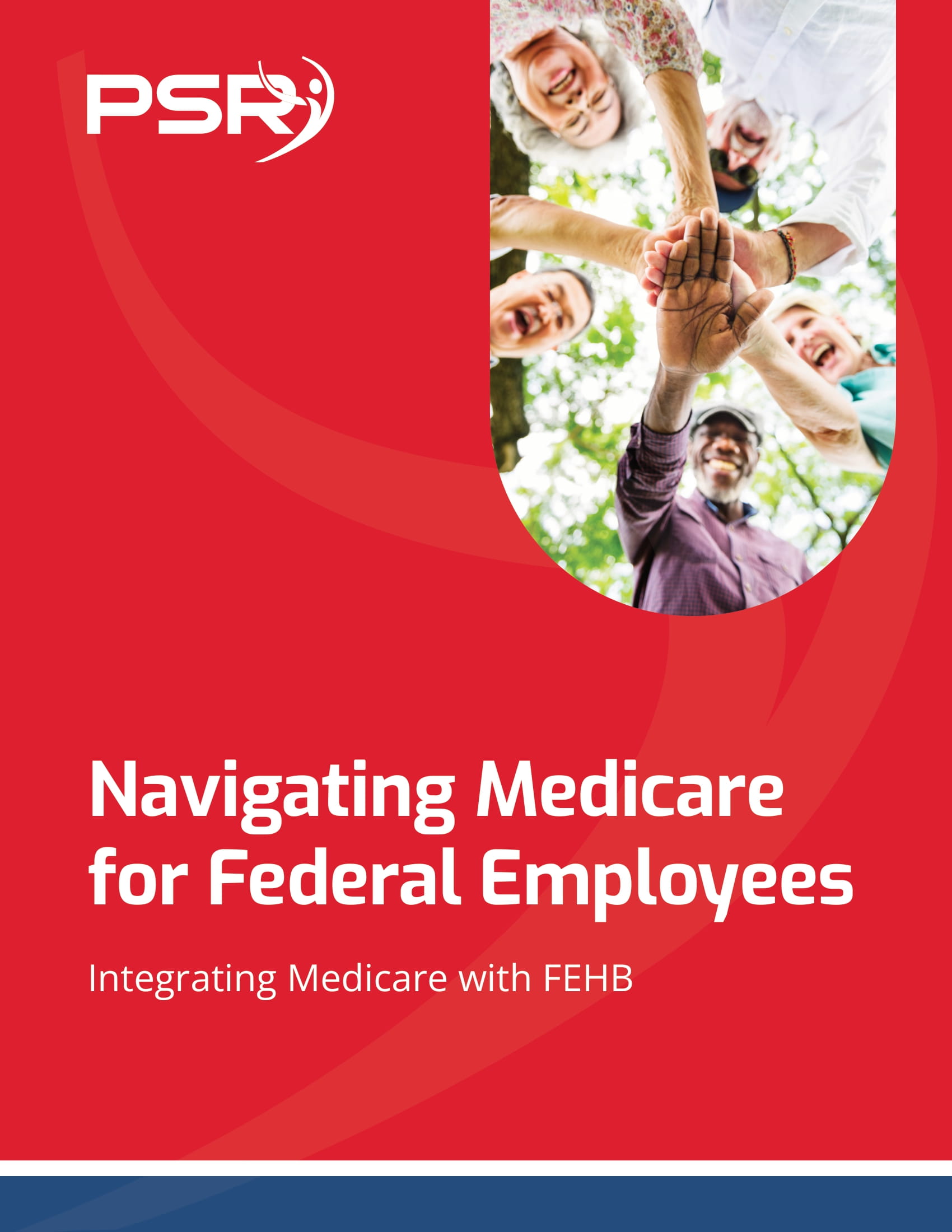While most everyone works towards saving for the future, retirement planning for women can oftentimes be a bit more challenging. Some of the reasons for this include women having longer life spans, earning lower pay (as compared to men), and in many cases, having fewer years in the workforce (which can equate to less time for saving and investing).
But at some point, many women will be in charge of their financial responsibility – due to divorce, the death of their spouse, or never having been married. So, it is essential for women to have a good understanding of how to grow and protect assets, as well as how to maximize and protect retirement income in the future.
The Financial Challenges Faced by Women When Planning for Retirement
Saving for the future is an essential component of creating a good, solid retirement plan. There are numerous challenges that can derail anyone’s planning, though, such as:
- Market volatility
- Inflation
- Low interest rates
But while some financial risks are faced by both males and females alike, there are other obstacles that will typically pertain only to women. These can include:
- Earning lower wages than men
- Leaving the workforce, either temporarily or permanently, to have and raise children
- Providing care to a parent or other loved one
- Living longer (on average) than men
- Investing more conservatively than men
Earning Less than Men
Although women now make up roughly half of the total workforce, on average, they still earn less than men – even in the same occupations. For instance, in 2018, full-time female workers made only 82 cents for every dollar that their male counterparts earned. This equates to a gender wage gap of 18%.
Lower earnings mean less in retirement plan contributions, and less in tax-deferred growth over time. Even just a few years of missed retirement savings can add up to a significant amount of lost accumulation.
Leaving the Workforce to Have (and Raise) Children
Having – and raising – children can take women out of the workforce, in some cases for many years. Stay-at-home moms especially struggle to catch up. By missing out on retirement plan contributions – particularly at a young age – women can often lose out on the momentum that compounded savings can provide. This can also lead to less Social Security benefits, as well as a lower amount of employer matching and/or profit-sharing contributions.
Providing Care to a Parent or Other Loved One
In most family situations, women play the role of the primary caregiver. Not only does this encompass child raising, but it often also includes assisting parents, parents-in-law, or other aging loved ones who need support.
Unfortunately, as noble as it may be to provide care for someone you love, doing so can be costly from a financial standpoint. As an example, caregivers will oftentimes have to reduce the number of hours that they work – which in turn leads to:
- Lower income
- Less money to save and invest
- Lower amount of Social Security retirement income benefits in the future
Providing care for a friend or family member could also cause the caregiver to incur a substantial amount of out-of-pocket expenses. These can include the purchase of personal care items (like soap, toiletries, and clothing for the care recipient), as well as medical expenses (i.e., copayments and deductibles for the receiver’s healthcare needs), and other miscellaneous expenses like modifying the care receiver’s home with grab bars and other necessary supplies and equipment.
All told, the average caregiver spent more than $7,400 out-of-pocket in 2019 – and even more if they lived an hour or more away from the person they’re caring for. Because of the added expense, caregivers will oftentimes have to cut back on some of their own expenses, including:
- Vacations and trips
- Dining out
- Personal doctor visits
- Groceries
- Household supplies
- Personal medications
- Children’s education
Caregiving can also take a physical and emotional toll on the provider of the care. For instance, muscle strains are common when lifting another individual into or out of a bed or a chair. Likewise, social isolation can lead to depression and other cognitive issues for the care provider.
Living Longer (on average) than Men
On average, women tend to live longer than men. The current life expectancy for the U.S. (in 2020) is 78.93 years. But when you separate out men and women, males come in at 76 years and 2 months, while women average 81 years and 2 months.
Yet, while living a nice long life can certainly have its benefits, from a financial standpoint, it can also be quite expensive. One reason for this is because living longer forces you to face all of the other financial-related risks – like market volatility and inflation – for a longer period of time. Plus, your income for everyday living expenses must also be stretched out for many additional months or years.
In addition, a longer life doesn’t necessarily mean that those additional years are spent in good health. Therefore, by living longer than men, women will oftentimes have to face paying more in healthcare and long-term care expenses, as well as the cost of prescription medications.
A recent study found that a 65-year-old couple who retired in 2019 can expect to pay $285,000 in out-of-pocket healthcare costs – and this figure does not include the price of a long-term care need.
When long-term care is added to the overall equation, it can add (on average) $7,500 per month to expenses for a semi-private room in a nursing home facility, or more than $8,500 per month for a private room.
Across the board, one of the biggest fears on the minds of retirees today – as well as those who are preparing for retirement – is running out of money while they still need it. Due in large part to their longer life expectancy, this fear is higher in women than it is in men.
A longer life expectancy can also be the culprit for additional fears that are faced by women, as well, such as:
- The reduction – or possibly even the elimination – of Social Security retirement income benefits
- Lack of access to affordable and adequate healthcare
- Feeling alone or isolated
- Finding meaningful ways to spend time and stay involved
- Facing cognitive impairment, dementia, or Alzheimer’s disease
Investing More Conservatively than Men
Oftentimes, women are more conservative investors than men. This adversity to risk could be because women don’t want to lose what they have worked so hard to attain. Unfortunately, though, while fixed investments won’t necessarily be impacted by a stock market drop, “playing it safe” can end up backfiring due to less growth – particularly during the “accumulation” phase of their investing years.
Feelings of Financial Inadequacy
As compared to men, many women have a difficult time discussing their finances – even with a financial professional. In fact, research shows that more than 50% of women refrain from discussing their finances because they feel that the subject is too personal. Many women also feel that they are not able to discuss financial matters intelligently.
But this fear of talking about money matters can lead to inadequate planning – especially if a financial advisor does not have all of the pertinent information that they need regarding a client’s goals, risk tolerance, and other key parameters around which to build a plan.
Do You Feel Financially Prepared for the Future?
Financial planning can seem a bit overwhelming. There are many different factors that need to be considered – and many of today’s financial tools and products have a lot of “moving parts.” So, if you are concerned about whether or not you will be ready for retirement, you are not alone.
According to research from the Transamerica Center for Retirement Studies, or TCRS, only about 12% of women in the workforce are “very confident” that they will enjoy a comfortable retirement lifestyle. Yet, twice as many men feel that way.
Based on the results of this same study, 16% of the women who were surveyed are “not at all confident” in their ability to retire with a comfortable lifestyle, followed by another 30% who are “not too confident in the ability to retire with a comfortable lifestyle.” This can be quite telling. But financial and retirement planning does not have to be out of reach for women.
How Women Can Put a Solid Retirement Plan in Place
Working with a retirement income specialist can help you to put a viable financial plan in place to help secure your financial future – regardless of where you are starting from right now.












